Keywords: World Day Of Peace
-
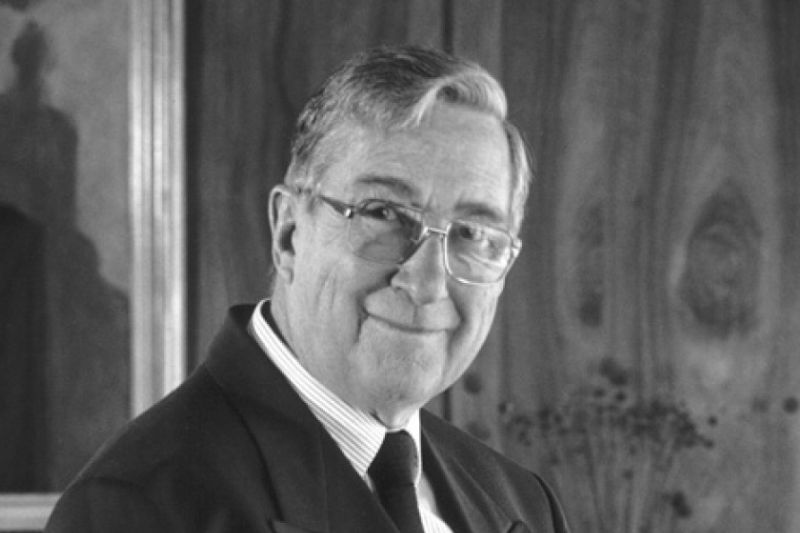
AUSTRALIA
- Michael Kelly
- 16 June 2022
3 Comments
The Court in Mabo, where Brennan J led majority, put an end to the notion of Terra Nullius, by which the British could claim that land in Australia was ripe for the picking because it belonged to no one, and opened the claims to land ownership to a much wider group including the traditional owners. The follow-up judgement in Wik took that understanding even further.
READ MORE 
-
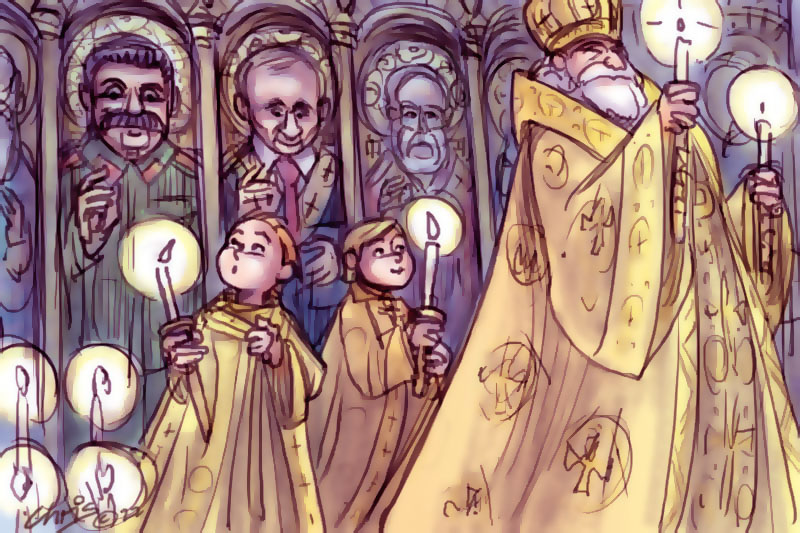
INTERNATIONAL
- Stephen Minas
- 23 May 2022
3 Comments
‘We removed him from the mausoleum’, wrote the Soviet poet Yevgeny Yevtushenko. ‘But how do we remove Stalin from Stalin’s heirs?’ The poem was published in 1962 but it’s still a good question. Today one of Stalin’s heirs commands a barbaric war against Ukraine with the enthusiastic cheerleading of another such heir – the leader of the Moscow Patriarchate reestablished by Stalin.
READ MORE 
-
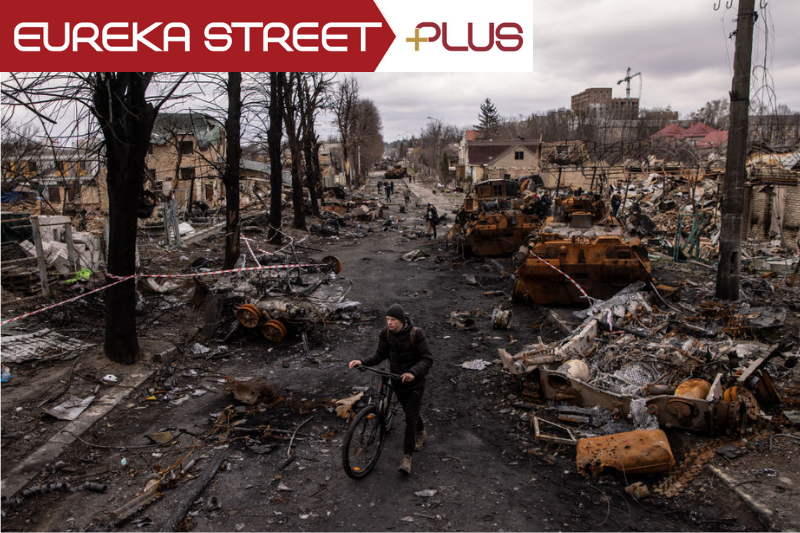
INTERNATIONAL
- Andrew Hamilton, David Halliday, Michele Frankeni, Stewart Braun
- 19 May 2022
5 Comments
We are now three months into the Ukraine war. From an invasion it has turned into a war of attrition that has cost many lives, displaced civilians, destroyed cities, and led to sanctions and the making of alliances with effects that have spread suffering far beyond Ukraine. In this Roundtable, Andrew Hamilton SJ, David Halliday, Michele Frankeni and Dr Stewart Braun explore the ethics of the war and likely paths to peace.
READ MORE 
-
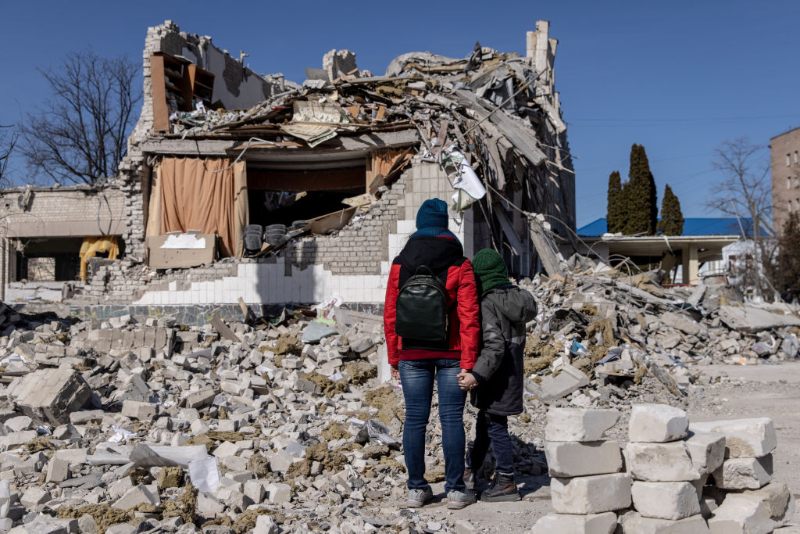
INTERNATIONAL
- Dorothy Horsfield
- 22 March 2022
8 Comments
Moscow-based Director of the Russian International Affairs Council (RIAC)Dr Andrei Kortunov warned of its tragic consequences for Russia in an article published four days before the launch of his country’s invasion of Ukraine. The de facto partition of Ukraine, he said, as a result of the Kremlin’s recognition of the independence of the People’s Republics of Donetsk and Luhansk, will signify ‘the final formalisation of the division of Europe’ from which there may be no easy retreat.
READ MORE 
-
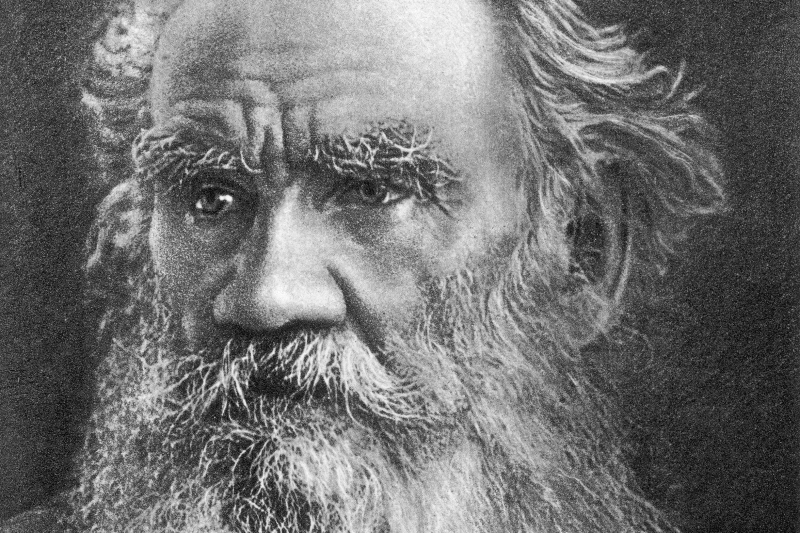
ARTS AND CULTURE
- Philip Harvey
- 03 March 2022
17 Comments
One of the most memorable scenes in Russian literature relates the thoughts of a man lying on the ground staring at the sky in the middle of a major European battle. Prince Andrei Bolkonsky is wounded. He is placed in a situation where, instead of running, fighting, and thinking every moment might be his last, he is suddenly met with silence, grandeur, tranquillity.
READ MORE 
-
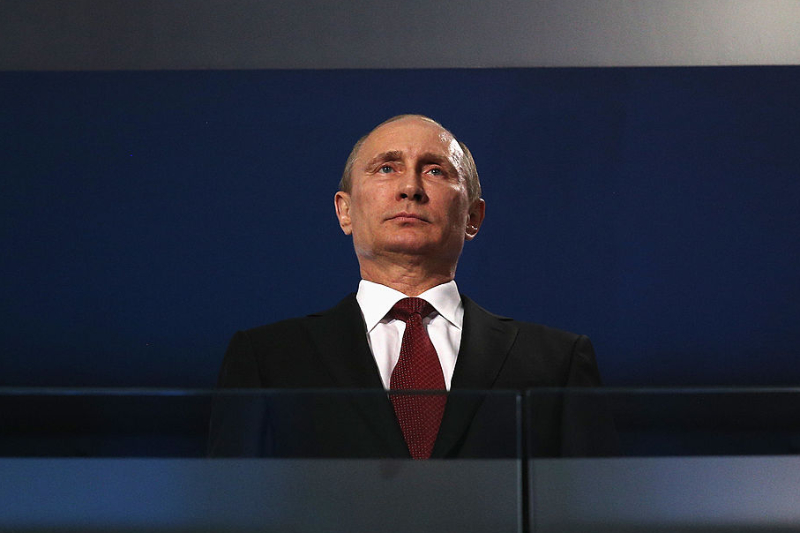
INTERNATIONAL
- Joel Hodge
- 25 February 2022
28 Comments
President Putin of Russia has embarked on an unprecedented military campaign in Ukraine without direct provocation or justification. In the West, there is a feeling of disbelief and confusion. How can Putin do this? And how can the Russian people accept this invasion?
READ MORE 
-
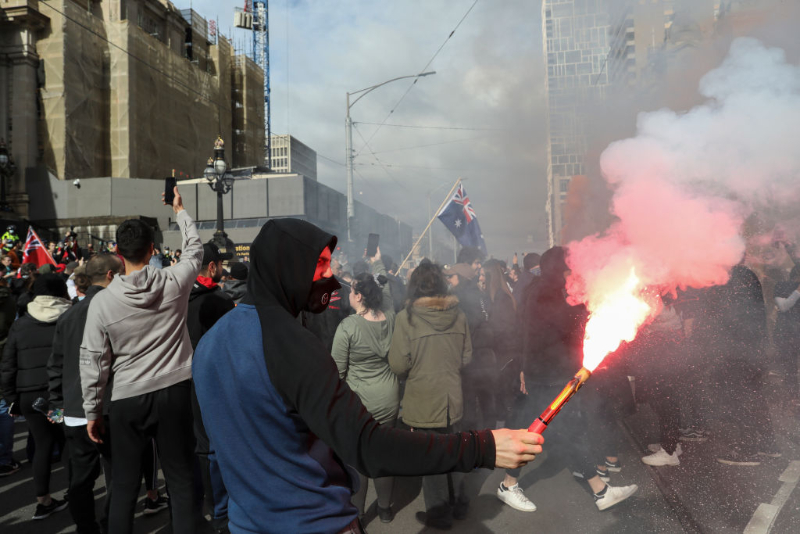
AUSTRALIA
- Ben Rich
- 17 February 2022
11 Comments
Today we see a resurgence of digital tribalism, a glorification of disingenuous engagement online and humiliating those of a different perspective. Everywhere we see simplistic and belligerent narratives of ‘us versus them’ over more nuanced explanations that might impart a greater sense of shared humanity and common purpose. So what happened?
READ MORE 
-
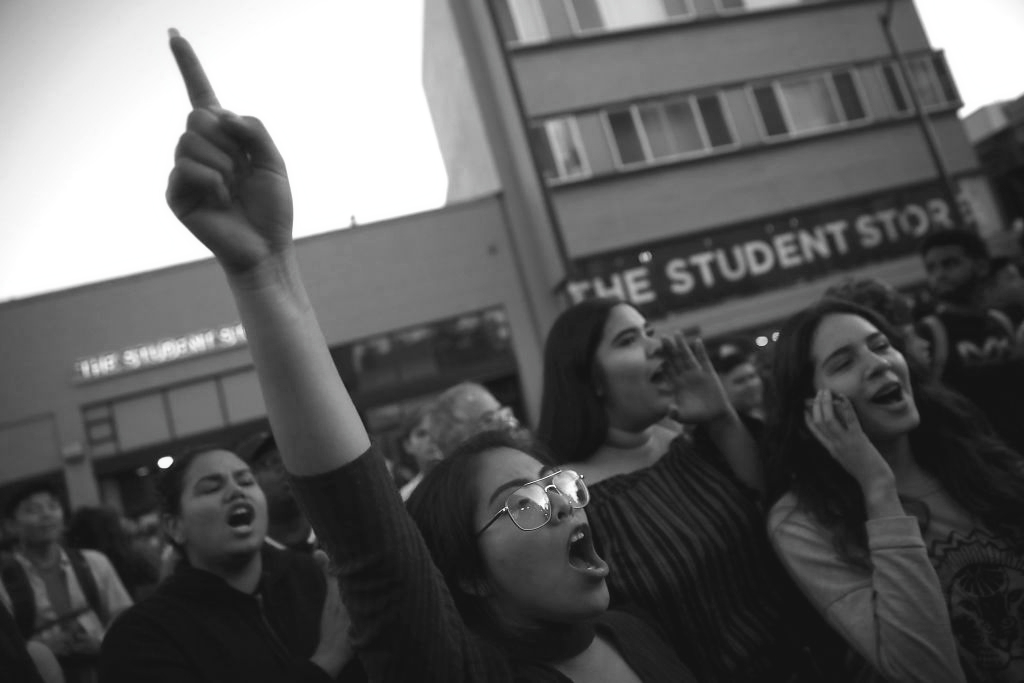
INTERNATIONAL
- Kenneth S Stern
- 08 February 2022
25 Comments
The university campus is really the ideal place to tackle thorny issues. It is a safe place to examine all ideas, even — or perhaps especially — those that people find offensive or disturbing. The sad fact, though, is that there is a push these days to send the opposite message to students — that they should be shielded from intellectual discomfort.
READ MORE 
-
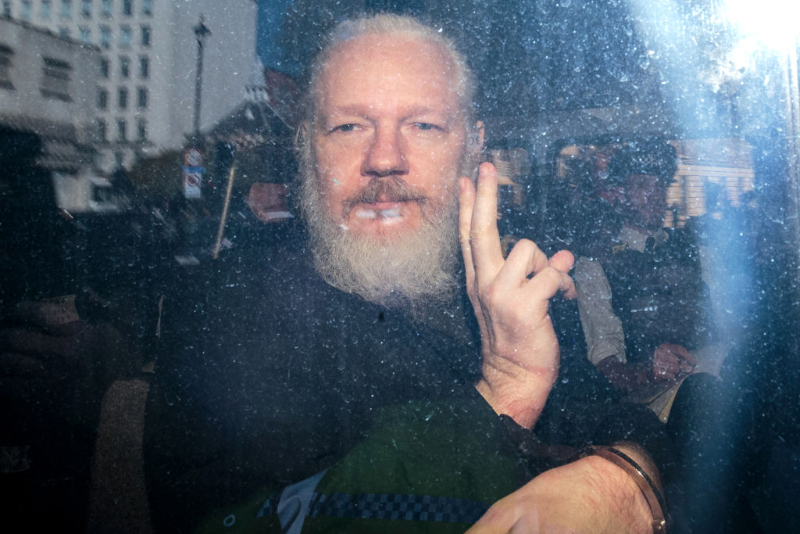
INTERNATIONAL
- Binoy Kampmark
- 16 December 2021
18 Comments
The legal pursuit of Assange is disturbingly unique not only for using an archaic law against a non-US national; it is also the first instance of an international application of it against a publisher. The law, if applied in the way suggested by the charges, criminalise the receipt, dissemination and publication of national security information, irrespective of motive. If the US Espionage Act 1917 were applied in this way, it would appear to subvert the free press provision in the United States Constitution.
READ MORE 
-
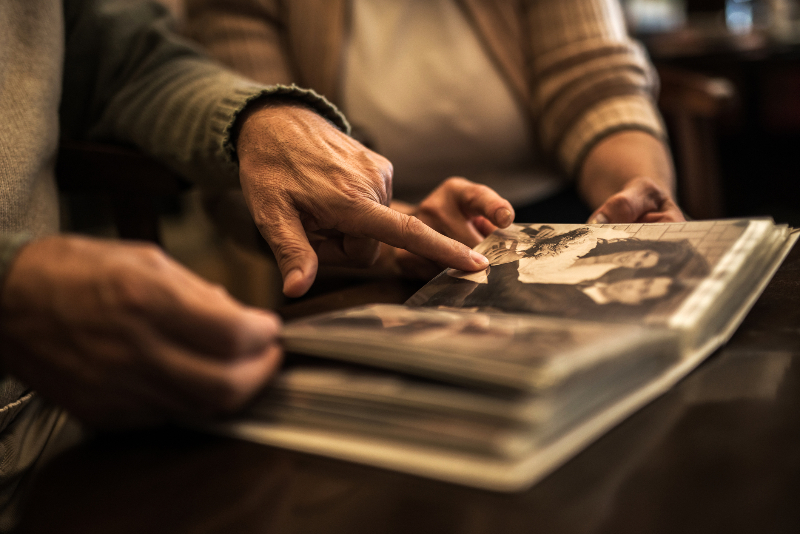
AUSTRALIA
- Andrew Hamilton
- 02 December 2021
22 Comments
Nostalgia is the sweet and sentimental ache that we might feel for an imagined past. It distracts from the present demands of life’s journey. Despite its association with self-indulgence, however, the place of nostalgia in personal and in political life is worth revisiting.
READ MORE 
-
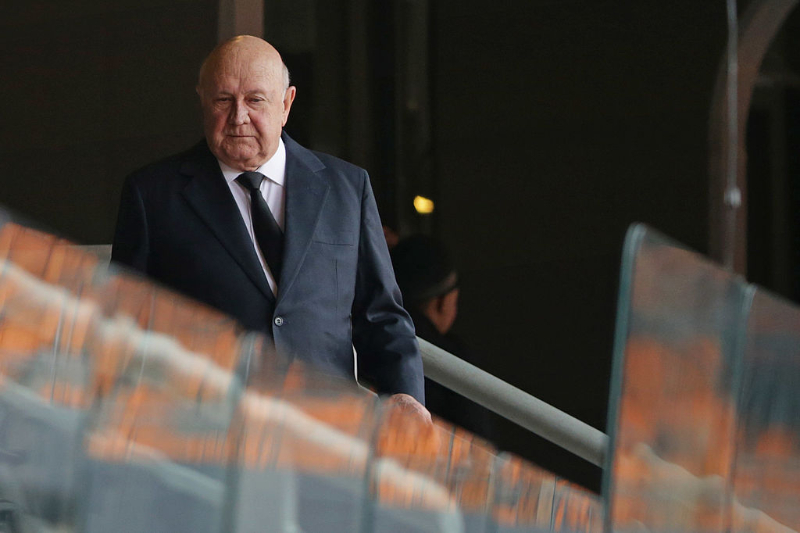
INTERNATIONAL
- Binoy Kampmark
- 23 November 2021
51 Comments
The passing of South Africa’s last apartheid president, FW de Klerk, raises pressing questions about a complex historical character who, according to his brother, Willem de Klerk, slowly outgrew apartheid. In a critical sense, he was bound, understandably, by both time and context: race, the need to defend a racial hierarchy, the historical role of a segregationist system that saw his all-white National Party retain power for decades.
READ MORE 
-
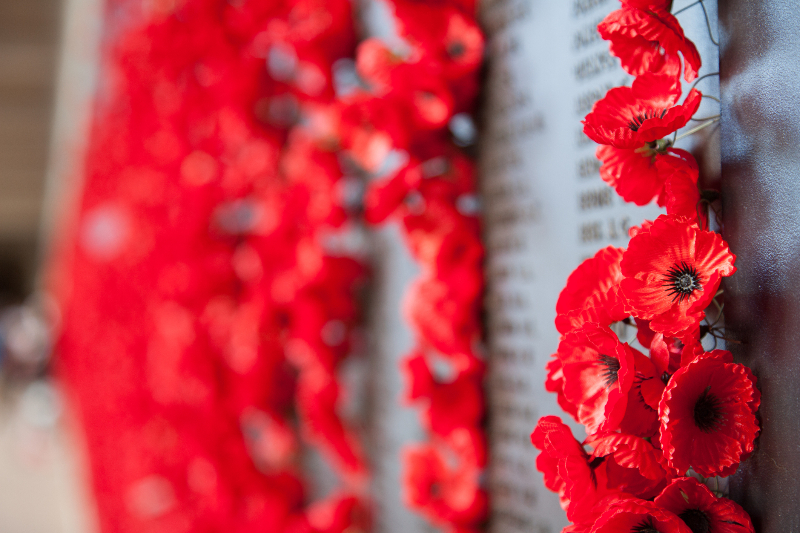
AUSTRALIA
- Andrew Hamilton
- 10 November 2021
13 Comments
Aficionados of United Nations Days and Weeks will know that this is the Week of Science and Peace. In the middle of it, perhaps deliberately and certainly paradoxically, sits Remembrance Day. Initially called Armistice Day, it marked the end of the First World War and of the industrial scale killing involved in it. The events of 1918 and what they might say about the relationship between war and science merit reflection today.
READ MORE 